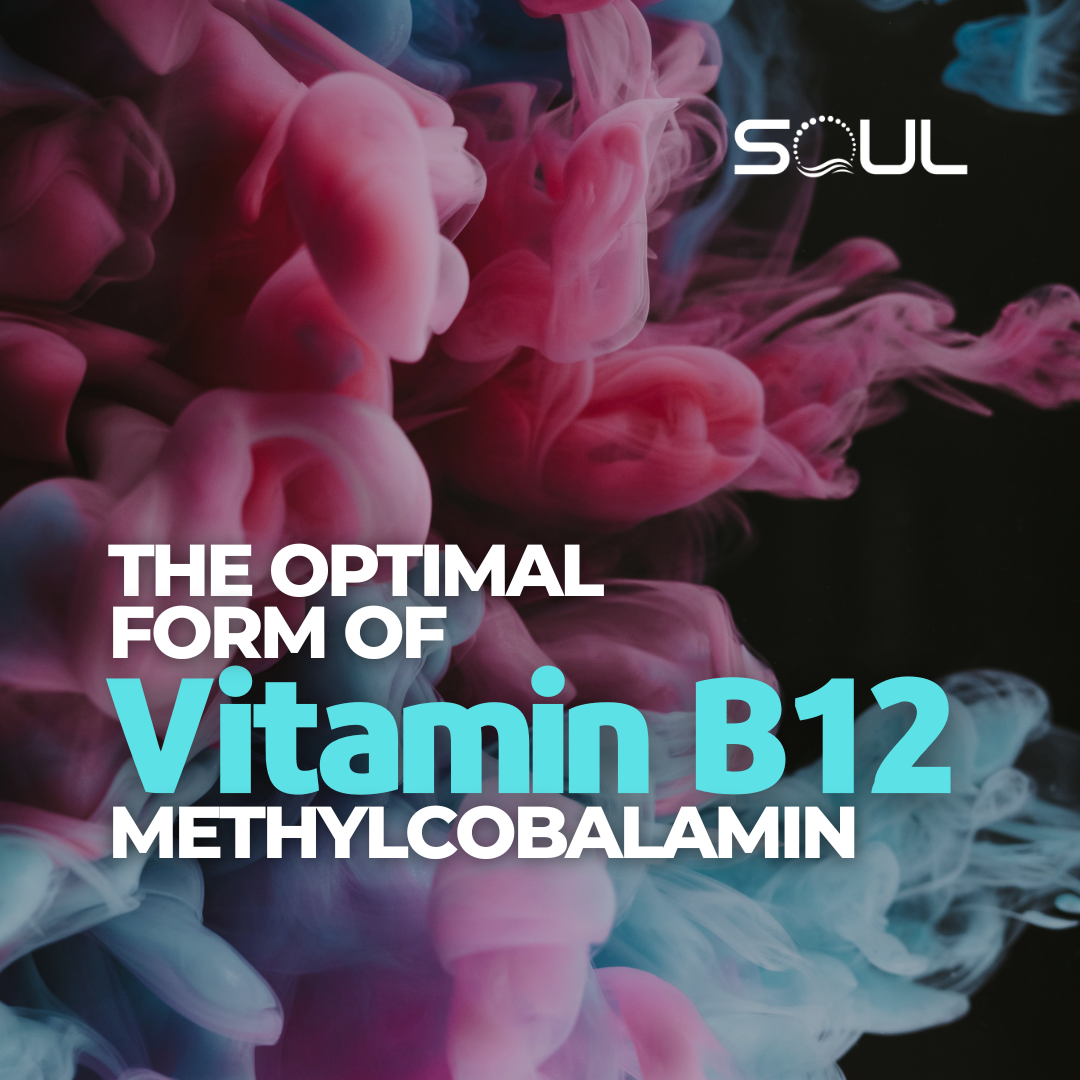
Methylcobalamin: The Silent Maestro of Vitality and Nerve Health
In the bustling symphony of nutrients, methylcobalamin—a form of vitamin B12—plays the role of a silent maestro. Without the fanfare or celebrity status of vitamin C or D, it quietly orchestrates the critical processes that keep our brains sharp, our nerves responsive, and our bodies in tune.
The Maestro Behind the Scenes
Methylcobalamin, the neurologically active form of vitamin B12, is water-soluble, ensuring that it navigates our bloodstream with precision. This isn't just a "nice-to-have" vitamin; it’s an essential agent, meticulously involved in the synthesis of DNA and the metabolism of fats and proteins. But methylcobalamin doesn’t stop there—it rolls up its sleeves and oversees the production of red blood cells, effectively preventing anemic fatigue and breathlessness. It’s also a linchpin in producing acetylcholine, a neurotransmitter that holds the reins of memory and muscle control. When you suddenly remember a childhood memory or react quickly to a falling glass, you’ve got acetylcholine—and methylcobalamin—to thank.
Deficiency: When the Maestro Goes Silent
Picture a conductor stepping down mid-performance; the orchestra loses its rhythm. That’s what happens to the body in the absence of sufficient vitamin B12. The first signs can be subtle: a constant feeling of fatigue, creeping weakness, and the insidious numbness in hands or feet. But left unaddressed, this deficiency doesn’t just disrupt the symphony—it halts the entire concert.
In the mechanistic world of biology, the nerve cells are wrapped in a fatty substance called myelin, which functions like insulation on a wire. Without enough methylcobalamin, this insulation begins to wear down, leading to nerve damage and compromised communication between your brain and body. It’s no wonder then that B12 deficiency is linked to diabetic neuropathy, where nerve damage from high blood sugar levels wreaks havoc.
The Bodyguard of Cognitive Health
It’s not just our nerves and muscles that depend on methylcobalamin; cognitive health is also in its jurisdiction. This vitamin is a vital ally in preventing pernicious anemia—a condition where red blood cell production is impaired due to poor absorption of B12. For older adults, and even those experiencing the early tremors of Alzheimer’s, methylcobalamin acts as a potential shield. Some studies hint at its promise in improving memory and cognitive function, offering a ray of hope in a landscape that often seems bleak.
More Than Just a Supplement
Methylcobalamin is available in various forms: capsules, tablets, and injections. But to treat it like any run-of-the-mill supplement is to miss its deeper significance. For those with difficulty absorbing B12 from food—such as older adults or individuals with conditions like Crohn’s disease—supplementation becomes less of a choice and more of a necessity. And let’s not forget vegetarians and vegans, who often walk the tightrope of B12 deficiency due to limited dietary sources.
But there’s more to the story. Recent research points to methylcobalamin’s potential to ease nerve pain in diabetics and possibly alleviate symptoms of depression and anxiety. While the jury’s still out on the specifics, these findings add yet another dimension to methylcobalamin’s role—a vitamin that doesn’t just fill a gap but actively seeks to restore balance.
A Word of Caution
Of course, even the most skilled maestro can strike a discordant note. Although methylcobalamin is generally well tolerated, it can occasionally cause mild side effects like stomach upset or allergic reactions. And as with any nutrient, dosage matters. More isn’t always better; it’s about hitting the right note in your body’s composition.
The Bottom Line
Methylcobalamin isn’t just another player in the vitamin orchestra—it’s a crucial conductor guiding the interplay of brain, nerve, and blood health. Ignore it, and you risk losing the harmony of vitality; embrace it, and you support the mechanisms that make you thrive.
If you suspect a deficiency or simply want to fine-tune your health, consider the power of this unassuming vitamin.
These statements have not been evaluated by the Food and Drug Administration. This product is not intended to diagnose, treat, cure or prevent any disease. This article is for informational purposes only and is not a substitute for professional medical advice. Always consult your healthcare provider regarding any health concerns or before starting new supplements.
